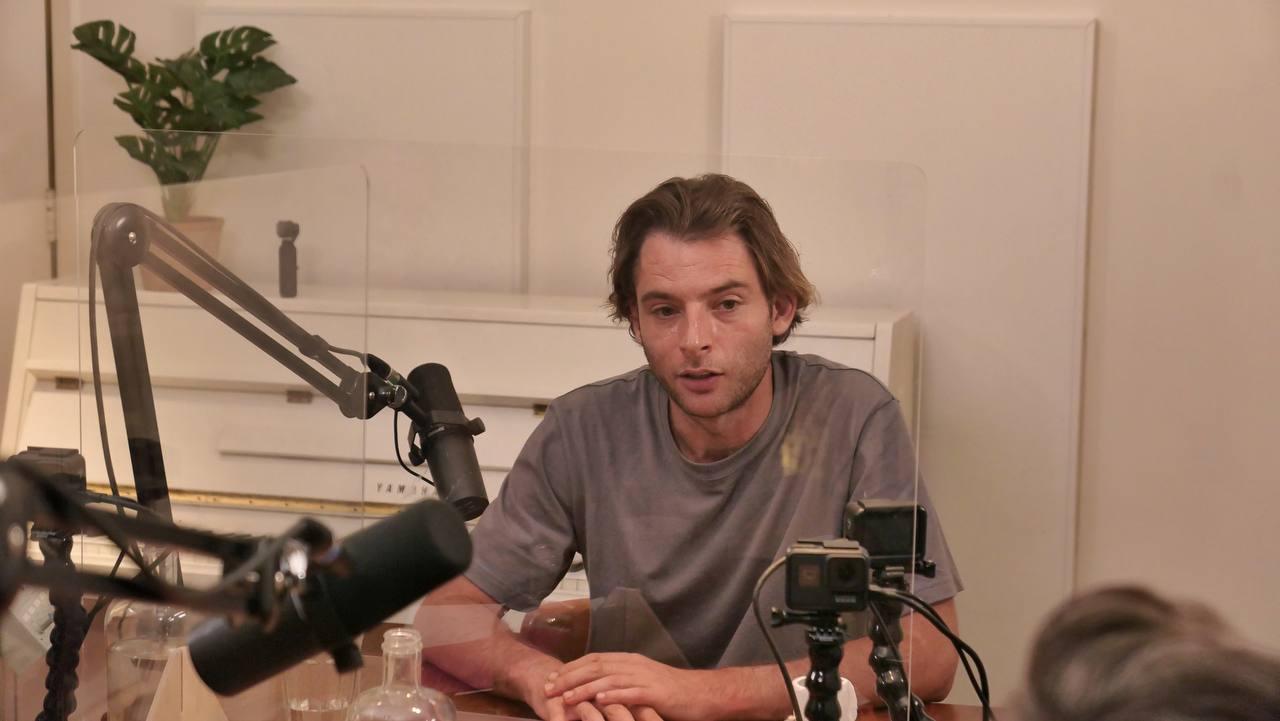
Enjoyed the read? That’s only a part of the topics we’ve covered with Robert in the podcast.
We highly recommend you to listen to the full episode on Anchor or watch it on Youtube to get extra founder tips from Robert Vis!
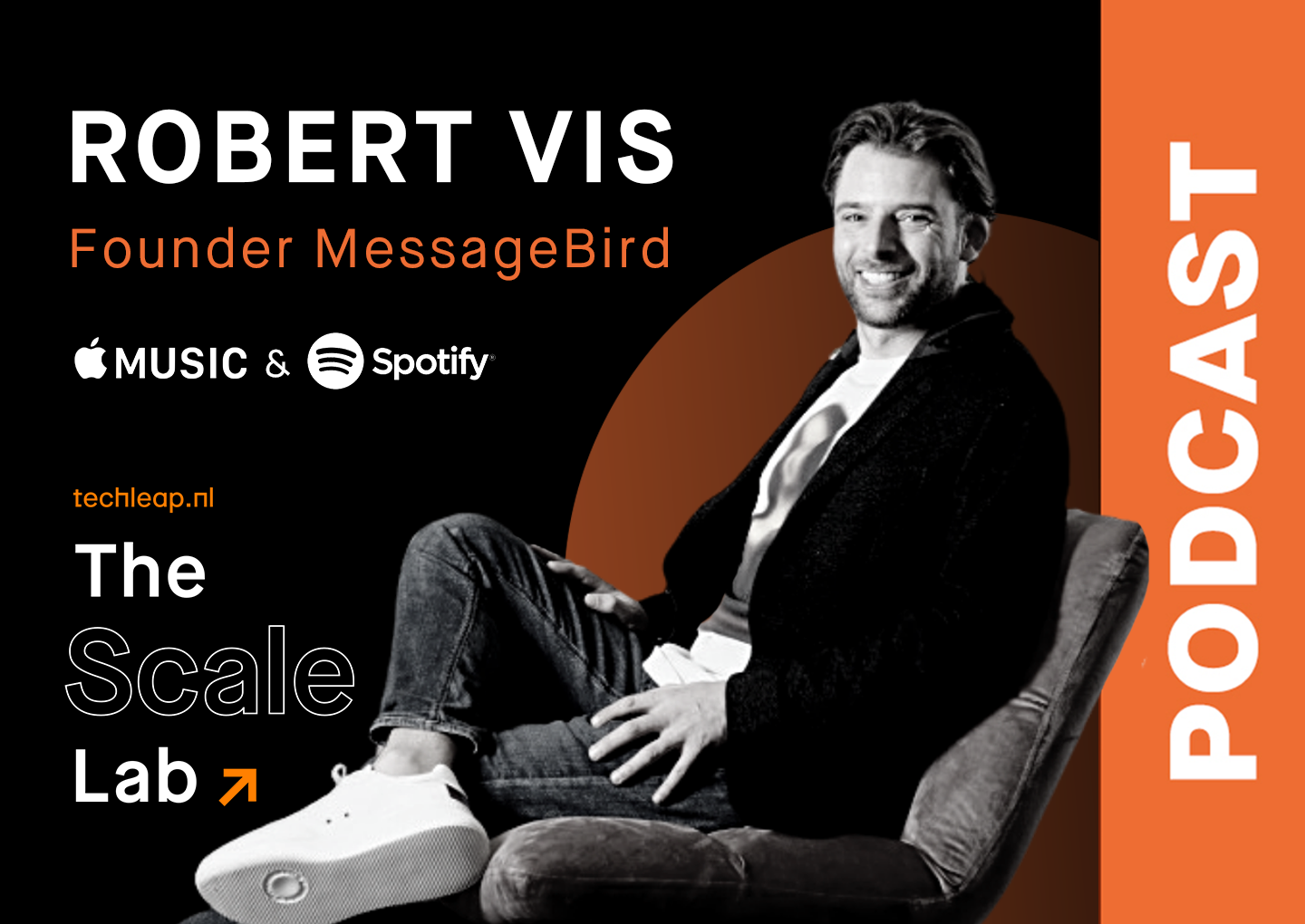
00:01:25 - I feel pretty comfortable where I am at the moment, but I look at this in a 3-year increment. I think it’s a reasonable timeframe for the business and the responsibility. I am 37 and I will be 40 in 3 years. I always said I’ll stop being a CEO when I’m 40, so let’s see. But obviously, it’s a complex role, you have to reinvent yourself multiple times throughout your journey with the company.
00:06:39 - Customer focus has been something that we've had from day one. Customers give you the answers to all decisions you should ever make. It’s very simple - just talk to your customers, listen to them, iterate based on your customer needs. So customer feedback has been very very important for us from the very beginning of our existence as a company.
To give you an example, I still respond to every single customer email - whether they reach out to me via LinkedIn or via email. And usually, I try to respond within thirty minutes, be it day or night (unless I'm sleeping, of course).

00:10:05 - Privacy and data protection. MessageBird will never sell the data of customers. It's just something I'm very, very against at an individual level. We will use the data of our customers to provide a better customer experience, but we will never go into the data business. I’m not sure if it’s a commercial decision, but it’s just something I need to be able to sleep at night and feel good about. I don’t think I would feel good if MessageBird was in the business of selling consumer data.
00:12:30 - I think we were very fortunate because this moment happened on day one of MessageBird. At that time, Adriaan Mol and I were working on a company called Zaypay. One of our suppliers came to us and asked - ‘hey, can you do messaging for us too?’ And we said - ‘sure, we can do that’. What happened is they sent so much volume that it crashed all our servers. But it was an interesting experience as it showed us that there is a whole world out there of a totally different scale that we don’t know of. So it all started with that one client, who we completely messed up but they were willing to give us another try. And that’s when we started to build our own tech. In fact, we’ve built a core mobile network from the ground up - every little piece of tech is built in-house, we never outsourced anything or worked with third parties. We were very focused on our performance within the first year, this is why we were able to pay out all the taxes and have profit from the very beginning.
00:20:42 - It’s always a balance between the two - perfection & momentum, and you have to choose your battles. I think we drew a hard line on some things, such as privacy, who has access to the content of the messages, etc. It was very important for us to nail down the foundation. It’s like building a house - if you get the foundation done really well, you can endlessly scale. If you miss the foundation, you wait too long, then you get into all kinds of problems that we see big companies tend to face, just because they didn’t account for something from day one.
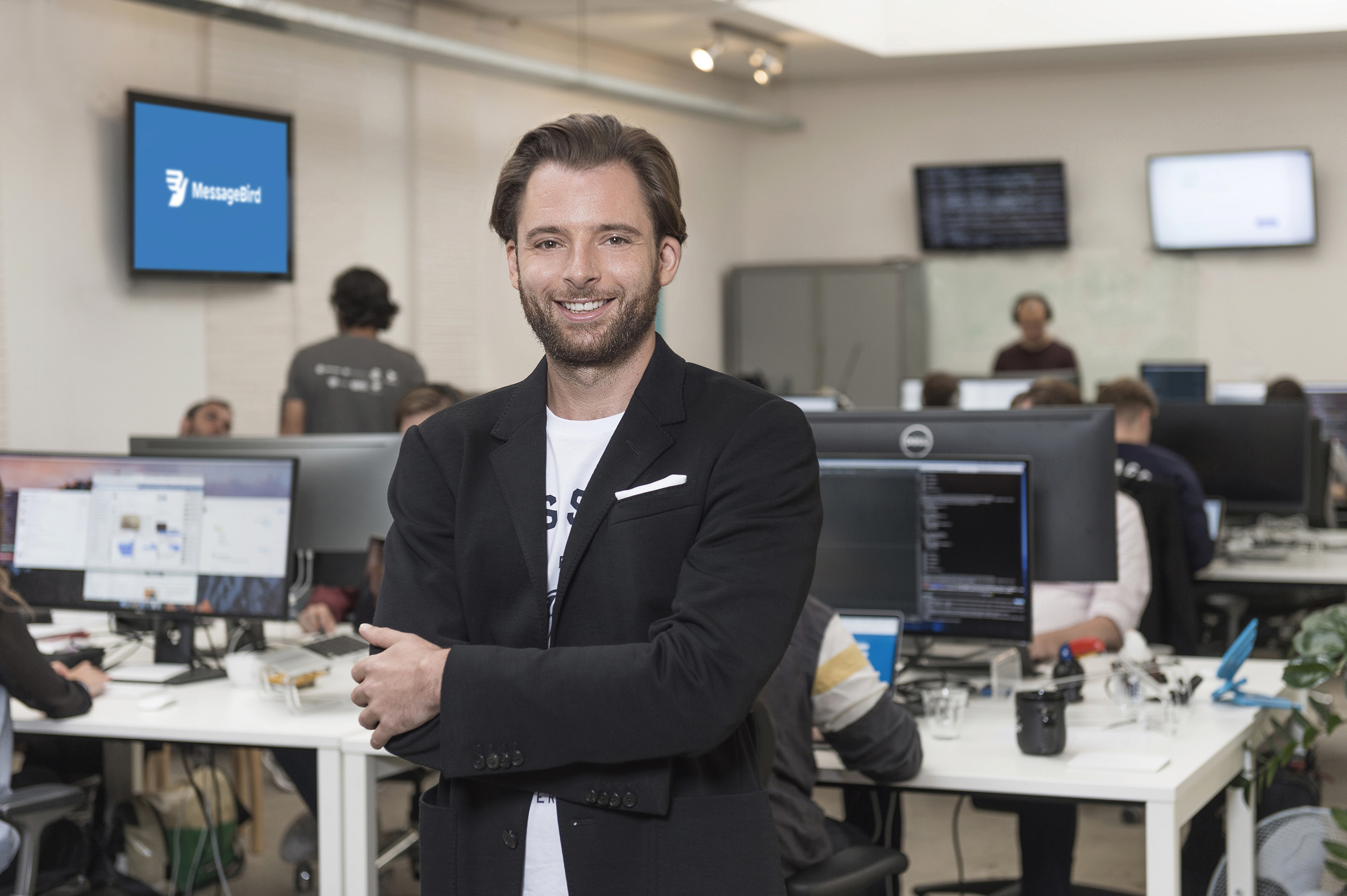
“I remember first coming to San Francisco and I felt fear that I couldn’t do it. People were so smart.”
00:22:31 - I don't think it was about a certain individual or one person who changed everything. As a CEO, it’s really important that you are able to create a team. You basically want to spend your time making sure that everything is automated and runs smoothly while you are away. One key learning for me was - besides hiring great tech people, you need to hire a really good CFO and Head of People, because they’ll solve a lot of your headaches. You should overinvest here, hire them way earlier than you think, make them your partners, provide them shares.
00:26:33 - I like this question! I’ll make it blunter - ‘Why did I give them 7% of my company?’. In all honesty, it’s one of the best decisions I’ve ever made. We knew the US is a big market, we just signed Uber as a client, so we wanted more of such customers and YC was a step towards this.
Getting into the programme was a very nervous process, people in Silicon Valley are tough, plus we also applied very last minute. I was not sure if we’d get accepted. But then I got a call saying that we got in with the condition that I’d give them 7% of the company. Their argument was basically - ‘we’ll provide you with so much value that we’re totally worth those 7%’. So I went for it.
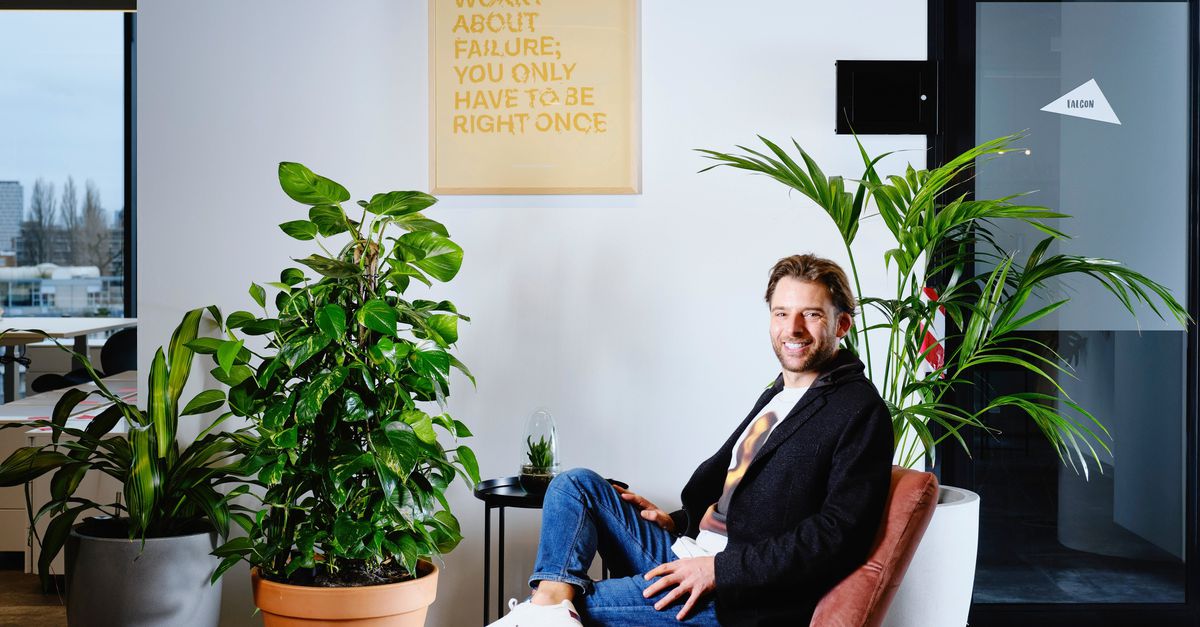
“We were 120% that year as a company, so we felt quite good about it. And then Aaron came to me and said - ‘Robert, stop feeling so good about yourself, when Airbnb was your scale, they were growing 500% YoY. So go back to work’”
00:34:04 - I was listening, meeting new clients, understanding their needs. When I started with YC, I wanted to speak to every partner. As a YC participant, you get the chance to speak to a whole network of partners. And I wanted everyone to know my name, more importantly MessageBird’s name. I also tried to push hard into conquering the US market, but I failed, since we have been growing so fast that it would have been risky to move our operations to the US. To be fair, I think if the company was smaller, I would have made the move. Ultimately, we chose to stay here in the Netherlands, and we are very happy about it. Now we try to change the status quo here, which is also a lot of fun.
00:55:56 - I think the first thing that you need to have in order to get funding is ambition, it’s that part that people forget about. Because when you put money into another business, you want to be able to make 100x instead of 3x or 5x. So you need to have the ambition as a founder to want to get there because this will attract really really good investors.
We had a story where we got a couple of acquisition offers, one of them being a very serious one from our main competitor. And we decided to say no. We just didn’t want to sell, we were having too much fun. Plus we didn’t get to 10x and 100x yet and we wanted to win, so we needed more capital.
1:07:01 - There are so many mistakes and so many lessons learned that it is difficult to pinpoint specific ones. You fall, you should get up and keep moving forward. Frank Slootman has this great quote: "You are either in the elevator going down, you are standing still, or going up. You want to be in the elevator going up". And this is my approach to most things in life and business. Because things can get dark and scary in a founder's life, so you always need that power in yourself to get back up.

We highly recommend you to listen to the full episode on Anchor or watch it on Youtube to get extra founder tips from Robert Vis!
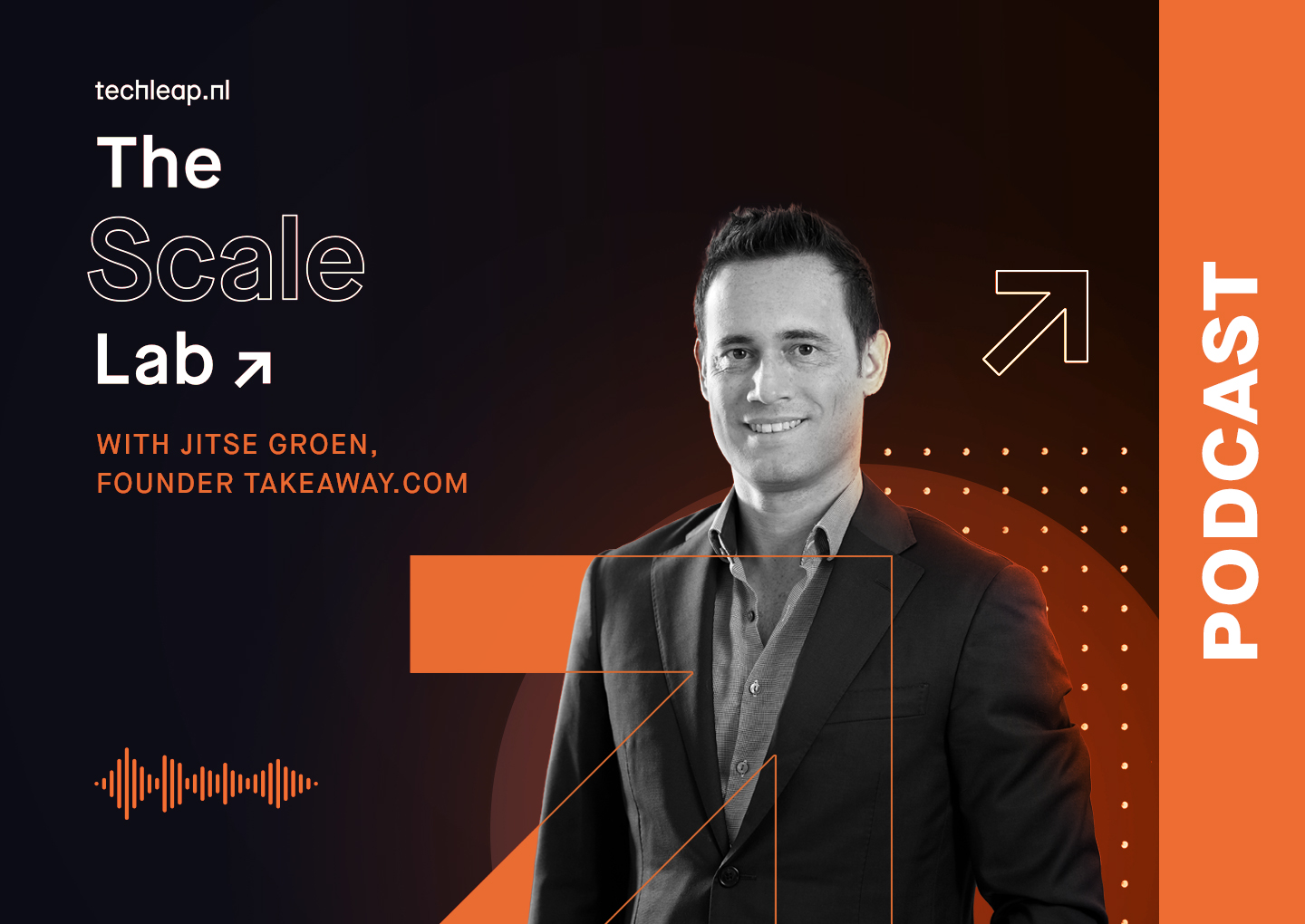
In this episode, we discover how Jitse Groen - founder & CEO of Takeaway.com - taught himself to become an entrepreneur.
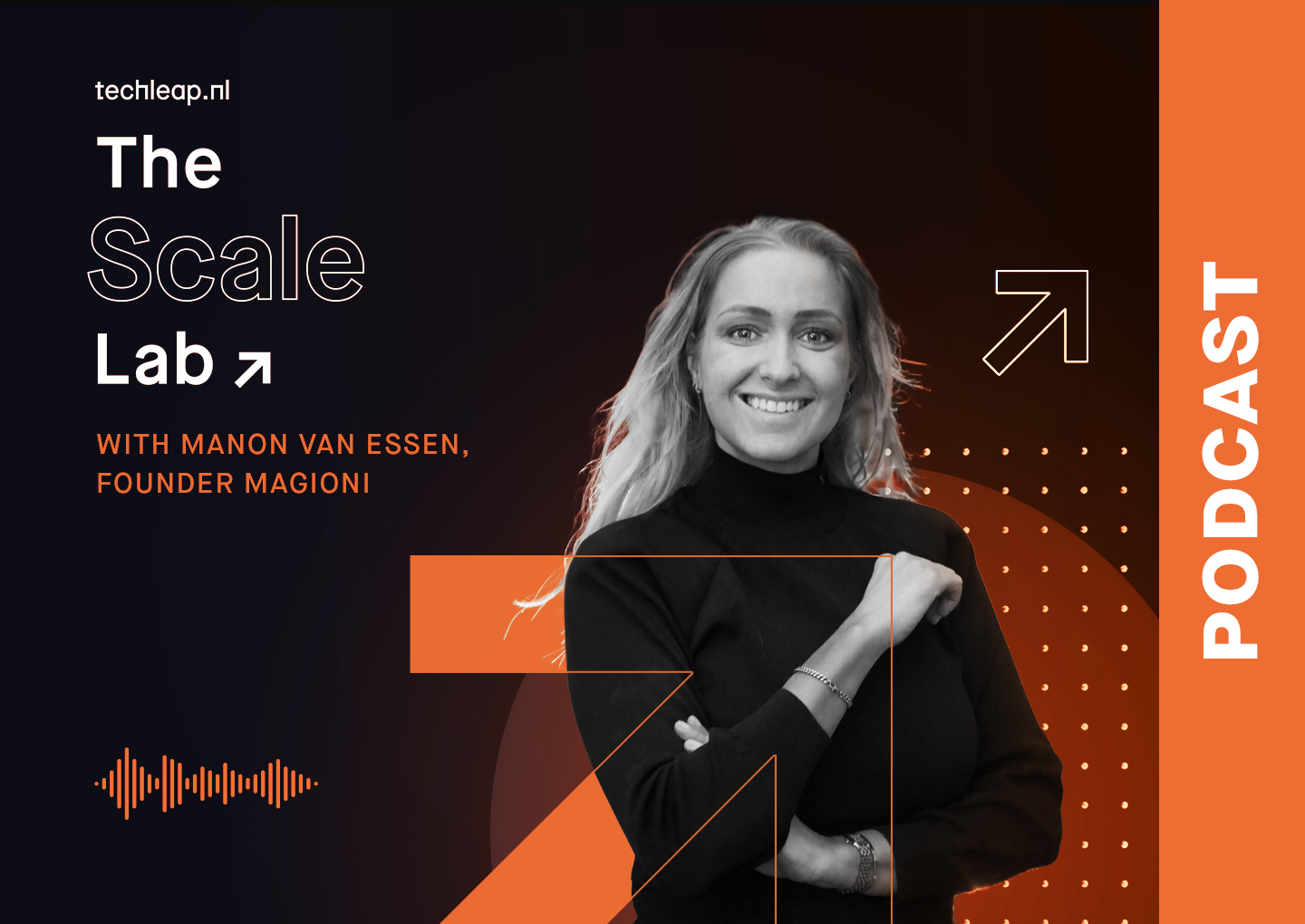
Listen to Manon van Essen sharing her inspiring entrepreneurial story, defined by strong dedication and determination to succeed. Find out how she made Magioni a successful business despite all the difficulties that came her way.
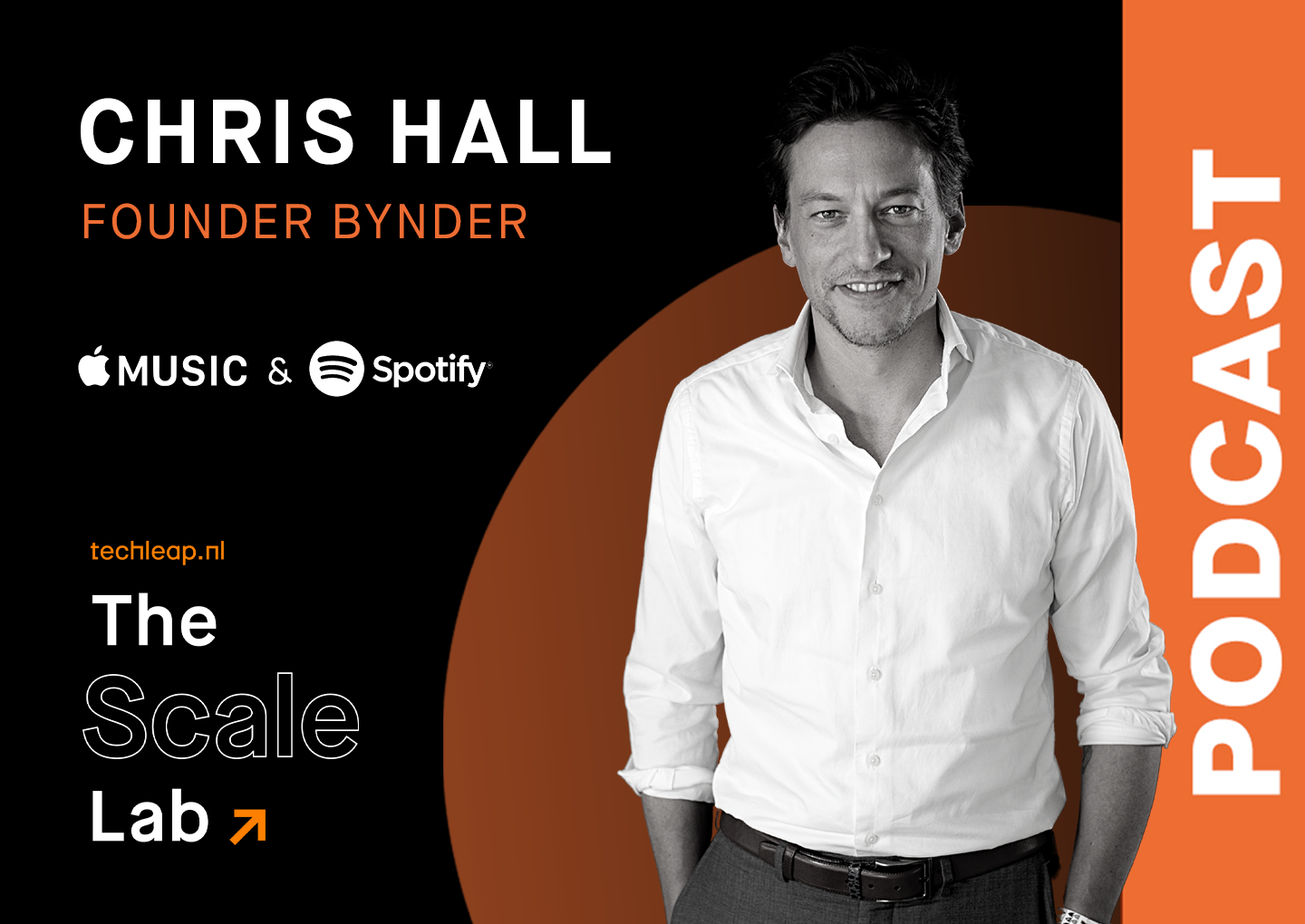
In this episode, Chris Hall - founder of Bynder - shares his expert view on what it takes to build a successful SaaS company.